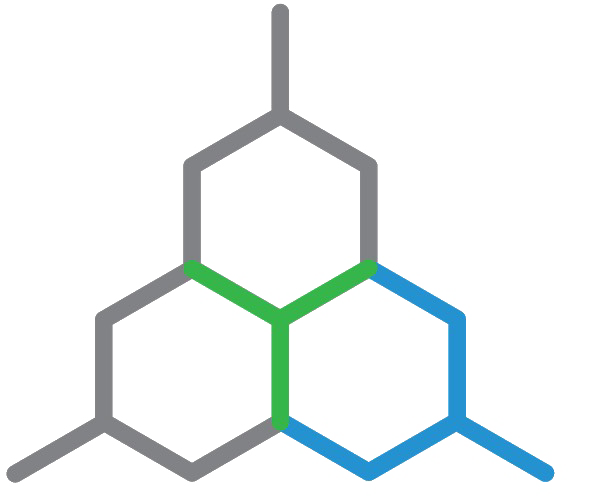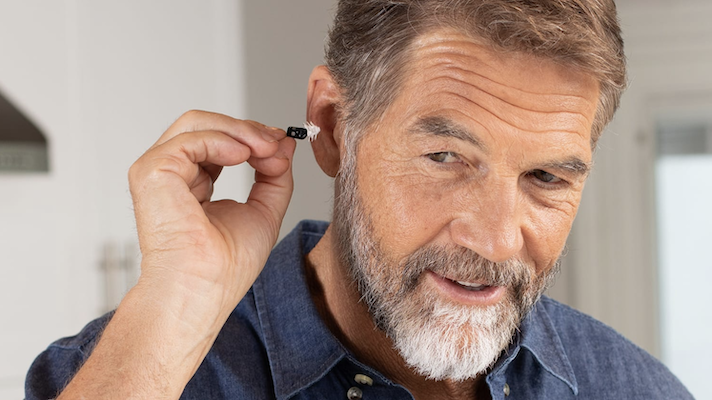Indu Subaiya, co-founder of Catalyst and Health 2.0, discussed her journey to becoming the visionary health care leader she is today with Maya De La Rosa Cohen, a contributor for Capsule’s “Dear Doctor” series.
Indu began her career at a biotech and life sciences consulting firm, where she combined her clinical background with her burgeoning interest in the adaptation of new technologies. After receiving her MBA from UC Berkeley, she worked to start her own health technology company. In 2006, her dream blossomed into Health 2.0, which she established with co-founder Matthew Holt. Health 2.0 has grown into a global movement of over 100,000 entrepreneurs, developers, and health care stakeholders, who come together for innovative conferences across the world. Through her engagement with the conference attendees and speakers, Indu recognized the dire need for open data that allows entrepreneurs to access the resources necessary to improve the health economy. Hence, Indu began Catalyst @ Health 2.0 or “Catalyst,” an industry leader that powers the health innovation ecosystem through digital health strategic partnering. Since its beginning in 2010, Catalyst has hosted 90+ innovation challenges with $9mm in awards, coordinated over 175 pilot programs to test new tech, and created connections for more than 1,500 firms via matchmaking events.
Indu believes the future of digital health lies in transformation of the traditional health care delivery systems. For example, Virta, a diabetes management company, began as a remote monitoring platform. However, it has now developed into a fully functional health care delivery system that fuses technology with service. As digital tools and technology advance in the health care space, Indu predicts that the traditional model of health care will face massive threats and will need to reinvent its services to keep up with the speed at which innovations are happening.
To hear more about Indu’s thoughts on the future of health care and digital innovation, click here.














